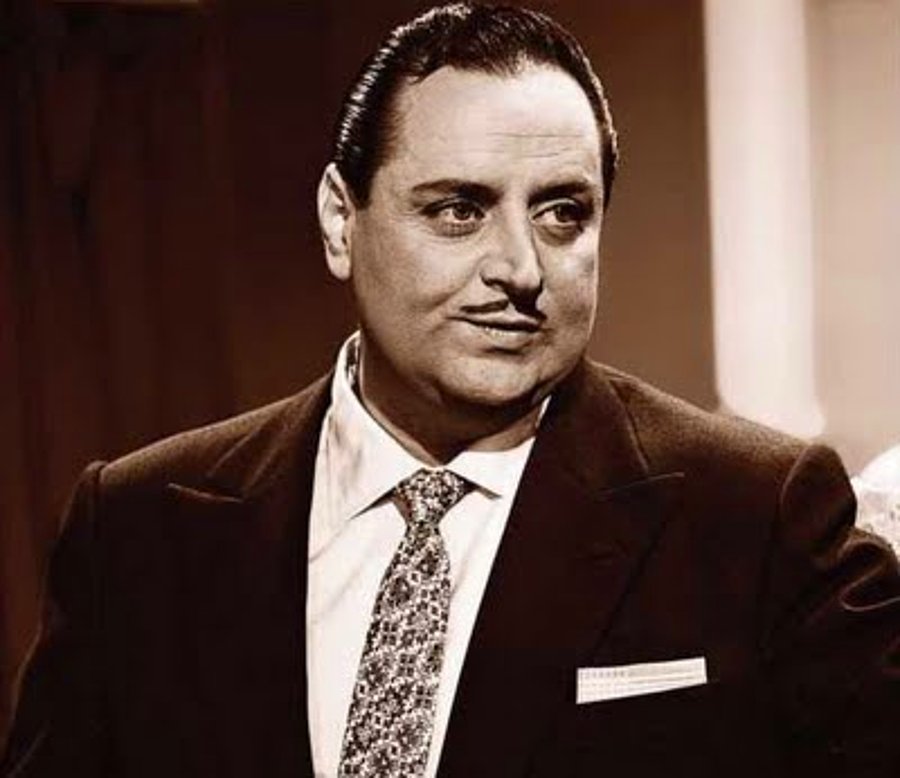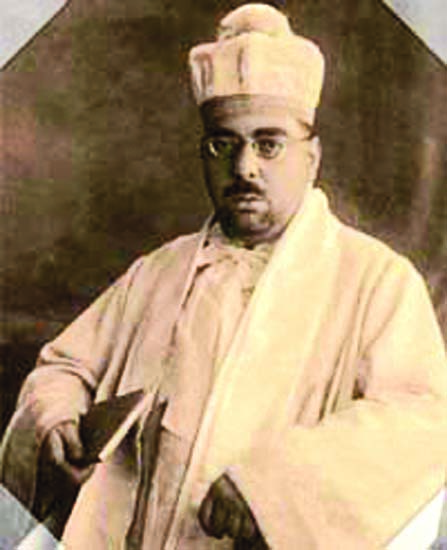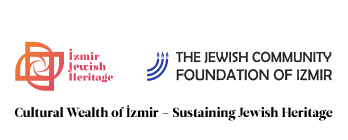Avram Aryas
Composer Chief Rabbi
The Chief Rabbi Avram Aryas, who lived in İzmir between the end of the 18th and the middle of the 19th century, was known as “HACE-i BERGÜZAR” in music circles.
Few of the 80 works she composed have survived to the present day. He composed works in the makams of Sazkâr, Şevk-i Tarab, Muhayyer, Hüzzam, Irak and Pesendide. He composed many works in chapters as ‘sets’.
Chief Rabbi Avram Aryas passed away in Izmir.
Dario Moreno
1921-1968

Known by his stage name, Dario Moreno’s real name is David Arugete Moreno. Moreno is also became famous as “Monsieur Rhythm” in the music world.
He stayed in the orphanage (nido de guerfanos) for a while after the death of his father. Having spent his childhood and early youth in the Old Jewish Quarter, when Moreno started working with a lawyer after many jobs, he set out to learn French to improve himself. With his passion for music, he quickly learned to play the guitar, as well. He started to be recognized primarily by singing “musica Napolitana” on the streets with his guitar that he did not drop. He then sang in Bar-Mitzvah ceremonies and became well known in the Jewish community. During his military service, he worked as a soloist in the jazz orchestra of Akhisar Officer’s Club.
Dario, who started to take stage regularly in Izmir after his military service, begins to live in the Elevator Street of Karataş (now Dario Moreno Street), part of the New Jewish Quarter. After a while, Moreno, who started performing in Istanbul and Ankara clubs, gained fame as a singer and actor in Europe and Latin America, with a remarkable career in France during the 1950s and 1960s. Some of the songs he sang in Turkish and French continue to be well-known today.
Born in 1921, Moreno’s love felt for Izmir, the city where he grew up, continued throughout his life. Although he had bequeathed to be buried in Izmir, he was buried in Israel with the decision of his family as a result of his sudden death in 1968.
Hayim Alazraki
Master Alazraki
(? -1913)
He was known as “Şapçı Hayim” in İzmir music circles in the 1870s. A versatile composer, Alazraki composed emotional romances in Ladino language as well as religious and secular works.
Especially the Ladino romance named “Alma miya vino Ia ora apartir”, lyrics written by Dr. Levy, in Saba maqam and “Mahur Peşrevi” are very famous.This work was gramaphone recorded by Rabbi-Composer İshak Algazi from Izmir.
Hayim Alazraki died in 1913 in Izmir.
Ishak Algazi
1889 - 1950

Ishak Algazi was born to an old, well-known Izmir family in 1889. His father and grandfather were both synagogue cantors. Like all Turkish citizens of the time, Ishak grew up in an environment where traditional religious values were coming into conflict with free thought.
At a very young age, he participated in a variety of social activities within and outside of the Jewish community. He took on duties in Jewish institutions and also became a member of the Izmir City Council between 1908-1911.
During the early 20th century, he began to learn Ottoman-Turkish music in addition to Jewish religious music. His first music teacher was his father, Salomon Algazi, known by the nickname “Bülbülî Salomon” gaining the admiration of all Izmir with his divine voice. His other music teachers were Shemtov Shikkar and Hayyim Alazraki.
Although Ishak’s musical talent became noticed at a very young age, he often had financial troubles while young. Witnesses report that he secured extra income by giving music lessons to children in the community and to private groups.
Unemployment as well as new expectations drew Algazi and his family moved to Istanbul in 1923. There, he entered the Maftirim chorus of the Neve Shalom Synagogue. After a time, he became the director for musical affairs of the Italian Synagogue, well known for its musical activities, in Galata.
During the ten years Algazi spent in Istanbul, he became one of the foremost personalities in the Jewish community, playing an active role in Jewish educational institutions. He tried to improve the relations between the community and the leaders of the Republican administration, defending the view that the Jewish community needed to be a part of their new country. Algazi expressed this policy in the weekly newspaper “La Voz Orientale” which he established.
He also became acquainted and established friendships with many masters of Turkish music. With his knowledge of music, literature, history and philosophy, he succeeded in acquiring a place for himself among the intellectuals of the Republic. During this time, Algazi, providing examples of Turkish musical history, sang Turkish music in Dolmabahçe Palace for Atatürk.
In 1933, he and his family left Turkey forever. Working in Paris for a few years, they finally ended up setting in Montevideo, Uruguay. Ishak Algazi, died there in 1950.
Santo (Shemtov) Shikar
1840 - 1920

Santo Shikkar, a Jewish composer and singer from Izmir, was reknown with the title of “Hodja Santo” in Izmir music circles in the 1870s, thanks to his knowledge and talent. Rakım Elkutlu (1872-1948), famous imam of Izmir Hisar Mosque and composer, together with composer Neyzen Dr. Şükrü Şenozan (1874-1954) were his students.
With his religious and secular works, Santo Shikar, who worked as a music teacher at İzmir Hamidiyye Industrial School for many years, was commemorated with very valuable composers such as Itri and Dede Efendi. He composed 150 works. His works known to be from the “Classical School” mostly were in the makams of Dügâh, Nihavend, Hicazkâr, Muhayyer and Suzidilara.
As Sultan Abdulhamid II heard of Santo Shikar Efendi’s reputation, he invited him to the Palace. After the concert in the palace, the Sultan honored Santo Shikar with a badge and a golden medal. Researcher-author Nesim Benbanaste (1939-1992) revealed that Hodja Santo’s special work in Nihavend maqam, which was dedicated to the Sultan, was a Sufi hymn called Sephatay, composed in “3/4” and “4/4” rhythms. In this work, after the Nihavend maqam, skillful transitions were made to Uşşak and Rast, and the decision was made in the Nihavend maqam.
Santo Şikar passed away in Izmir in 1920.

